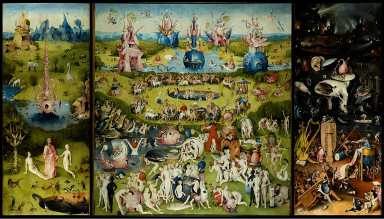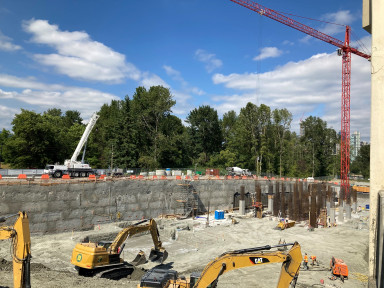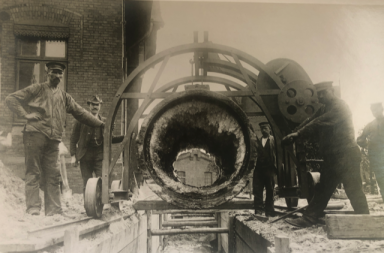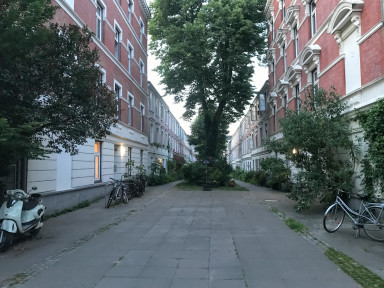Sacred acts in secular times
On the social performance of eco-imagination (postdoctoral project)
Once an indispensable nutrient for the post-war growth of European cities, coal and other fossil fuels have been sentenced to death. The grand capitals of the modernist regime are now setting sail towards ‘net-zero’, ‘fossil-free’, and ‘post-carbon’ futures. Such imagined futures constitute, as Arjun Appadurai once said,1 a ‘cultural fact’: affective images shattering the naturalness of the present. In tandem, a full-blown scene of ‘urban future-makers’ has seen – pardon the pun – the light of day. Populated by architects, urbanists, and motivational speakers, the eco-futures scene displays its imaginaries through a wide range of exhibitions and conferences. This research project takes seriously the idea of the ‘scene’2 and its corresponding moments of collective effervescence. Whilst most research on post-carbon urban future-making takes the approach of the longue durée – looking at the stretched evolution of urban systems – this project inquires by contrast into the scene’s short-term conferential moments during which imagined eco-futures are performed vis-à-vis an interpreting audience. Explanatory cases can be found in, for example, Hamburg’s 2006-2013 International Building Exhibition, in Rotterdam’s Urban Future conference or in London’s Futurebuild gathering.
- sociology of the future
- sociology of time
- social performance
- eco-imagination
- eco-rites
Theoretically, this project is based on the premise that a ‘ritual-like’ vitality pervades the urban futures scene at its conferences and exhibitions. The project is therefore explicitly rooted in the performative turn in the social sciences which followed in the wake of Durkheim’s 1912 Elementary Forms of Religious Life.3 In that work, Durkheim famously posited that social collectives both encounter and reproduce their conscience collective through participation in totemic rites. The Western metropolis certainly constitutes a much more differentiated and secular site than the small-scale religious communities studied by Durkheim, but while old-fashioned rituals have disappeared, ‘ritual-like’ action, as Durkheimians have stated, decidedly remains. Even the most ‘secular-looking’ acts – politics, science, and in this project, urban futures conferences and exhibitions – show signs of a ritualistic impulse. Such modern rituality is captured in this project through the notion of ‘social performance’.4 Urban futures exhibitions and conferences are approached as socially performative sites through which a collective eco-consciousness is both displayed and reproduced: sacred acts in the secular city.
The imagined eco-city contains a temporal dimension: a ‘not yet’ hovering over the present moment.5 The project’s final goal is to develop a sociological theory on the relationship between performativity and time. Whilst sociologists and anthropologists6 have been fascinated by this question since the dawn of their disciplines, this issue remains to be imported into the secular world of eco-urbanism. Relatedly, an early threefold insight has already emerged from the project: (1) social performances (of eco-futures) host time: they reactivate both dystopian and utopian pasts-presents-futures through multiple dramaturgical means; (2) social performances have time: they are scripted events, having a narrative, a beginning, and an end, as well as a pre-defined running order; and (3) social performances make time: they give meaning to the temporal dyad of continuity/discontinuity while seeking to institutionalize timelines into an envisioned eco-future.




